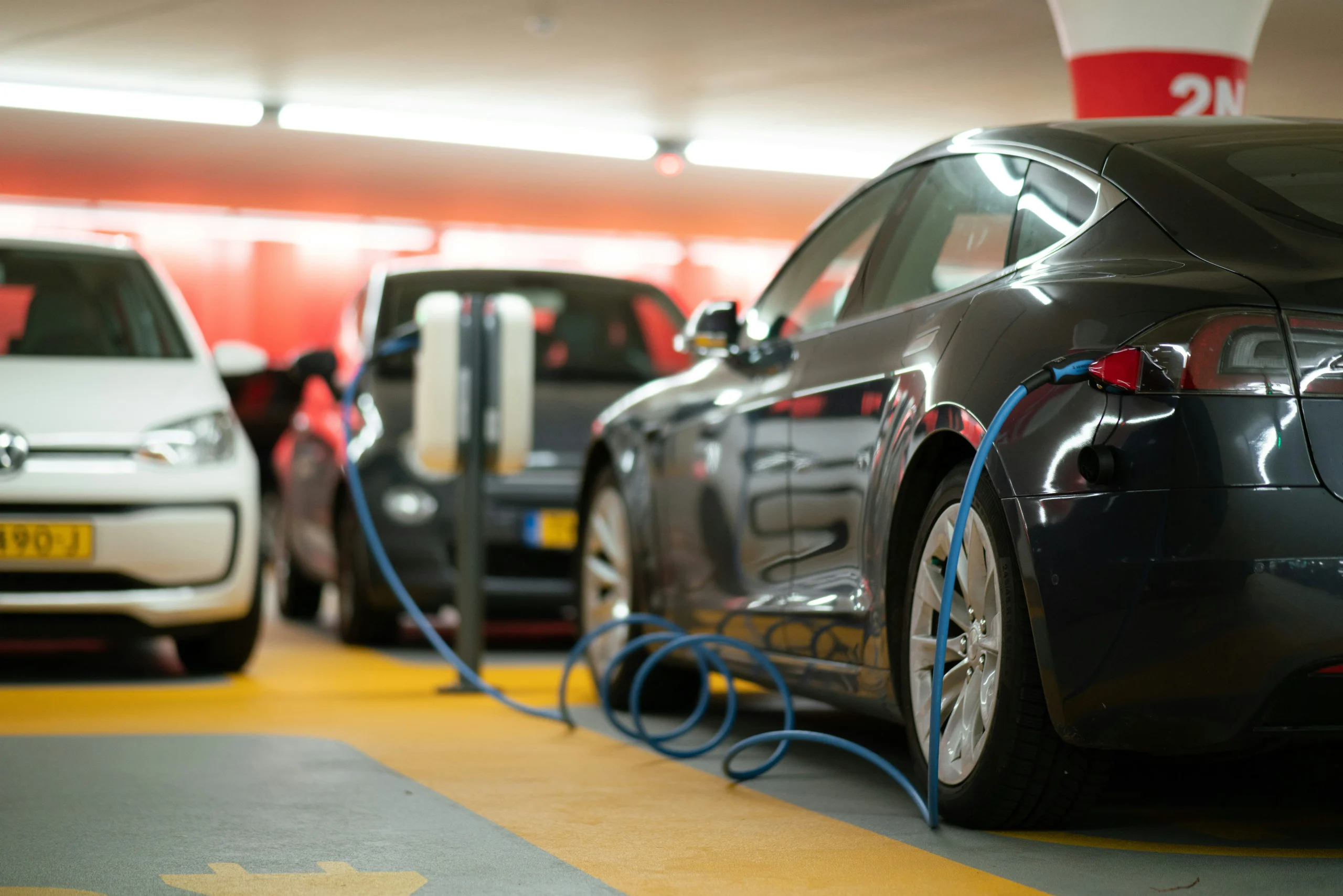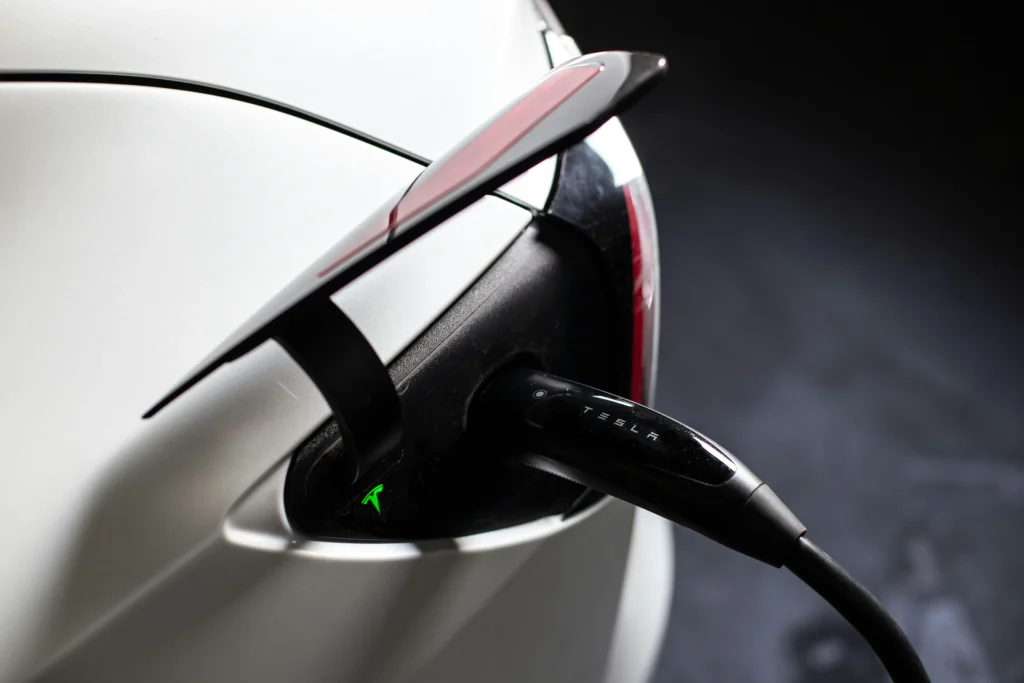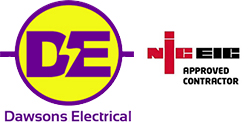The Common Types Of EV Chargers

If you are looking to make the change and be a sustainable homeowner, business owner or more, then understanding the common types of EV chargers could be really useful. They are a smart investment and getting the one most suitable to you is a must. Where you want your charger placed and how many people need to use them could also adjust which are for you.
At Dawsons Electrical we put our customers at the heart of everything we do, ensuring we fully meet your requirements as well as expectations. We’ve helped homeowners, landlords and local businesses across Milton Keynes, Bedford, Northampton and more.
Give our helpful team a call on 01908 822771.
What Chargers Are Available?
When choosing an electric vehicle charger in the UK, it’s important to understand the different types available. The right choice depends on your vehicle, your property, and how often you drive. We help you make sense of it all, so you’re not left guessing when it comes to such an important investment.
Let’s break down the most common charger types available for homes, workplaces, and public use.
Slow Chargers (Level 1 / 3-Pin Plug)
These are the most basic form of EV charging and usually involve plugging your car into a standard 3-pin socket using the cable supplied with your vehicle.
- Charging speed: Around 2.3kW
- Time to charge: Typically 12 to 24 hours for a full charge
- Best for: Occasional or emergency use at home
- Important to know: Not recommended for regular use as they’re slow and can put strain on household sockets over time.
Most people move beyond slow charging fairly quickly once they realise how long it takes – especially if they use their vehicle daily.
Fast Chargers (Level 2 / Home and Workplace Units)
This is the most common type of EV charger installed at UK homes and workplaces. Fast chargers are permanently mounted units that are typically rated at 7kW, though some go up to 22kW depending on your electrical supply.
- Charging speed: 7kW to 22kW
- Time to charge: Around 4 to 8 hours (7kW) or 1 to 2 hours (22kW), depending on vehicle and charger
- Best for: Daily home charging or fleet/workplace use
- Tethered or untethered: You can choose between built-in charging cables (tethered) or plug-in style (untethered)
This is where most EV drivers find the sweet spot. They are fast enough for overnight home charging, reliable, and safe for everyday use.
Rapid Chargers (DC Fast Chargers)
Rapid chargers are usually found at service stations, motorway rest stops, or commercial charging hubs. These are not typically installed at homes due to their higher power demands and cost.
- Charging speed: 50kW and above (some up to 350kW)
- Time to charge: 20 to 60 minutes to 80%
- Best for: Long journeys, commercial vehicles, or quick top-ups on the go
- Connector types: CHAdeMO, CCS, or Tesla Superchargers depending on your vehicle
These are ideal when you’re in a rush or covering longer distances

Tethered vs Untethered Chargers
When choosing an EV charger for your home or business, one of the key decisions is whether to go for a tethered or untethered unit. The difference comes down to whether the charging cable is permanently attached or not, and each option has its pros and cons depending on how you plan to use it.
At Dawsons Electrical, we’ve installed hundreds of both types across Bedfordshire and beyond, and we’re always happy to help you choose the right one for your setup.
Tethered Chargers
A tethered charger comes with a built-in charging cable that is permanently attached to the unit. You simply unhook the cable and plug it into your vehicle.
Benefits:
- Quick and convenient – no need to fetch your own cable each time
- Ideal if you always drive the same EV with a matching connector type
- The cable is always ready to go, especially useful for daily charging
Things to consider:
- You’re limited to the connector type (typically Type 2 in the UK)
- The cable is always on show, which may not suit everyone’s preferences
- Not as flexible if you change vehicles or have multiple EVs
We often recommend tethered units to homeowners who want a simple solution for regular daily charging.
Untethered Chargers
An untethered charger, also known as a socketed unit, has no fixed cable. Instead, you use your own charging lead to connect your car.
Benefits:
- More flexible – works with different EVs and connector types
- Neat and tidy when not in use
- Easier to upgrade or switch vehicles without worrying about cable compatibility
Things to consider:
- Slightly less convenient – you’ll need to plug in both ends of the cable each time
- You’ll need to store your cable when not in use
- Initial cost may be slightly higher if you don’t already own a separate cable
We often fit untethered units for customers with more than one EV, company cars, or those planning to future-proof their installation.

Contact Dawsons Today For A FREE Quote
If you are considering making the switch to EV, then give our team a call, and we can help you pick out the best top-quality charger for you. With us, you can be sure you are making the best sustainable decisions in your price range, too!





